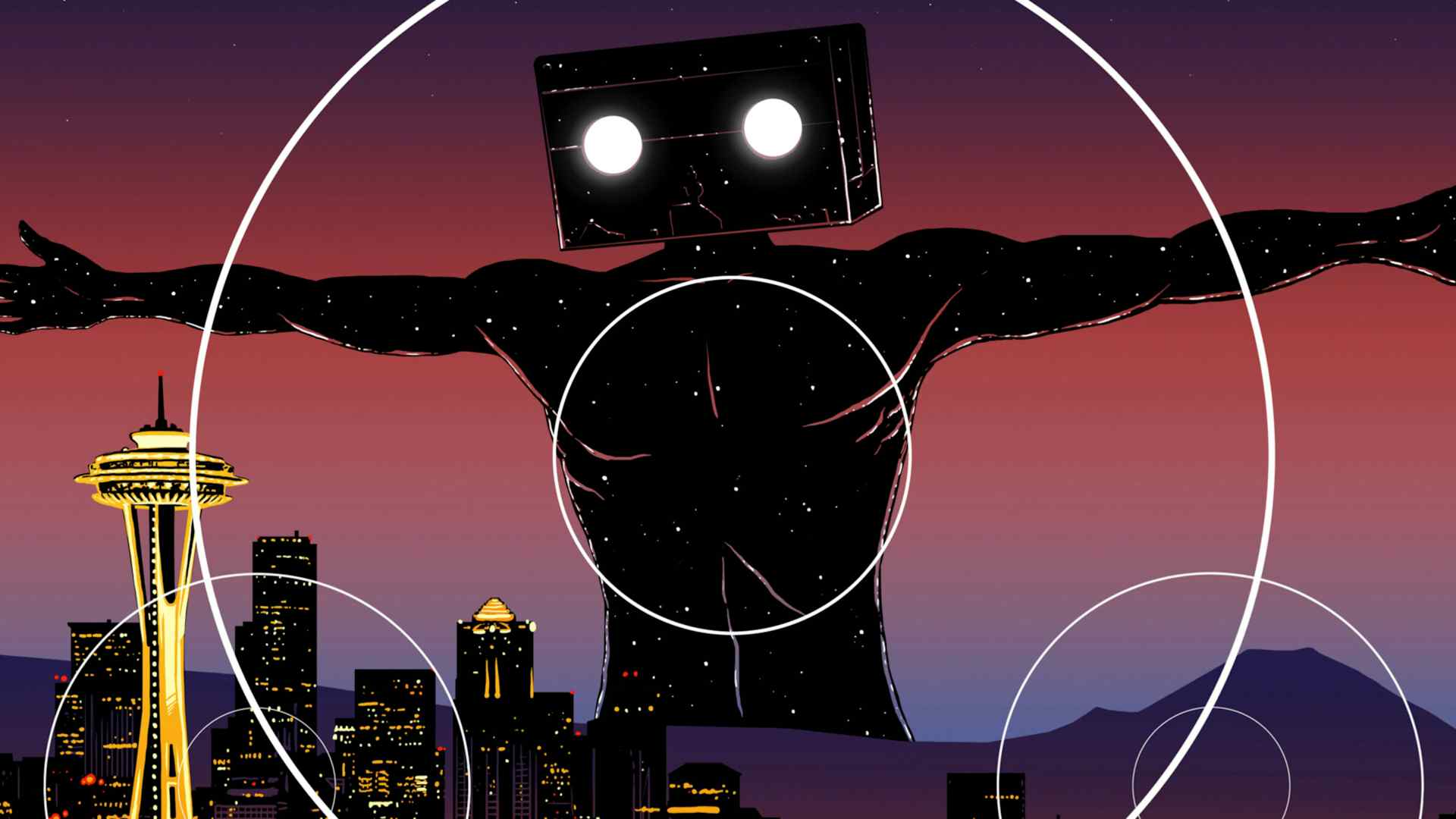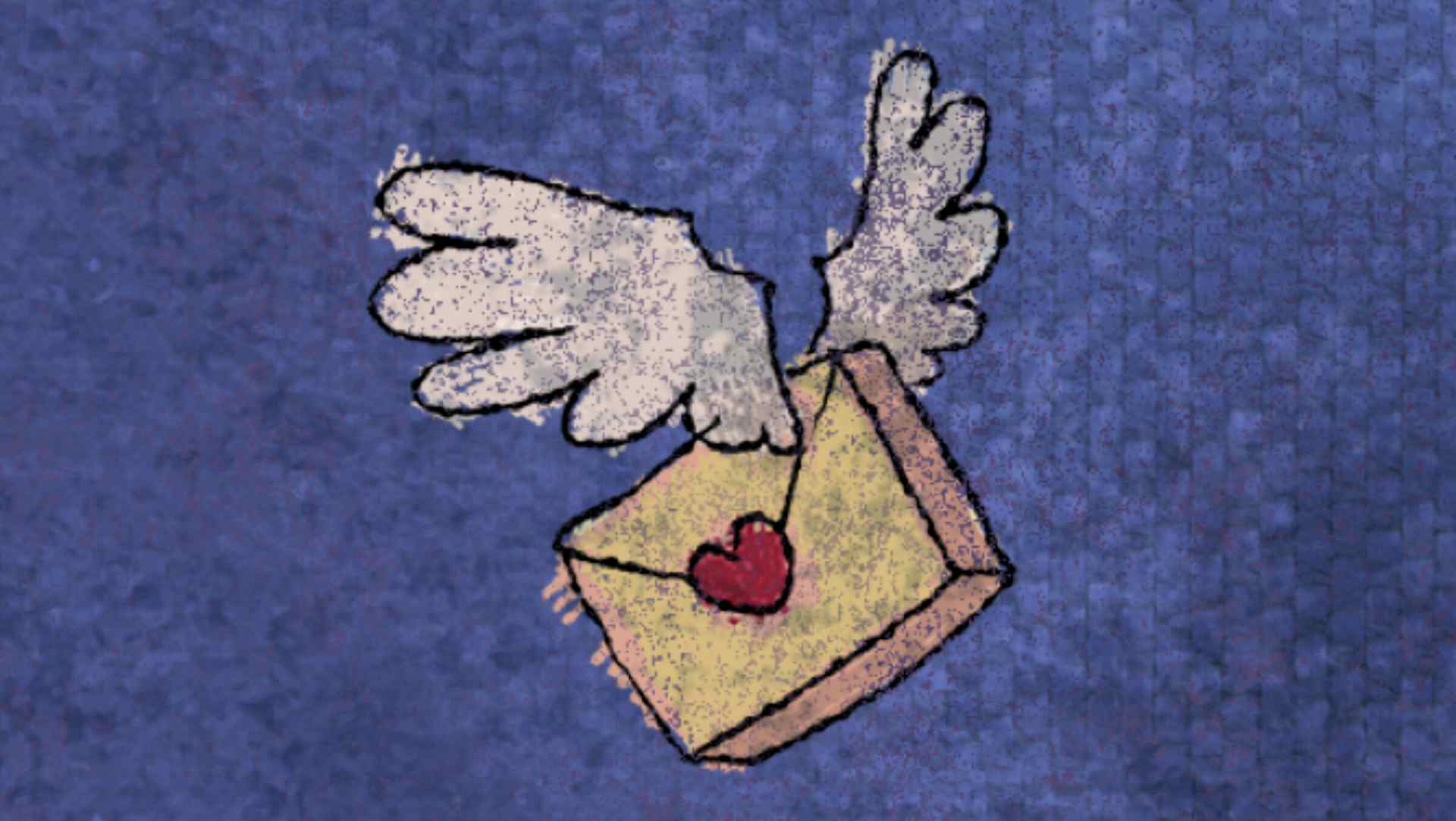Robert Horton is a Scarecrow board member and a longtime film critic. This series of "critic's notes" is chance to highlight worthy films playing locally and connect them to the riches of Scarecrow's collection.

It isn't always true that the star makes the movie; but the movie, in so many ways, is frequently made around the star. You cast Schwarzenegger or Dwayne Johnson, your film becomes a different film. This is especially true of comedians, who often do their thing in specially-tooled "vehicles," but also might be cast in a pre-existing project that must now shape itself to the contours of the lead. Whether it's Bob Hope bringing in his team of writers to punch up the pages (yes, please, dig my up-to-date references) or Kevin Hart or Melissa McCarthy improvising as the cameras roll, a screenplay is a malleable object, and the personality of the comic-lead will tip the balance.
The Penguin Lessons feels like one of those projects, skewed for the better toward Steve Coogan. Adapted, one assumes loosely, from a memoir by Tom Michell, the material is all too obviously geared to be one of those feel-cuddly British heartwarmers—just quirky enough around the edges to avoid sitcom-hood, but really the same old thing. It's directed by The Full Monty's Peter Cattaneo, in case you weren't getting it. With Coogan lending his acerbic persona (and presumably a collection of one-liners) to the project, The Penguin Lessons has moments that lift it out of the realm of formula.
It's 1976, and an English professor finds himself in Buenos Aires to teach privileged Argentinian teenagers at a tony boarding school. His manner—disenchanted, sarcastic, barely troubling to note the misbehavior of his students—is bent considerably when he "adopts" a stray penguin, which bonds with him and will not let him alone. (The penguin is discovered in an oil slick, and rescued by Coogan because he thinks chivalry will inspire his date to sleep with him.)
1976, Argentina—yes, the complicating factor here is military dictatorship, which will radicalize our cynic, adding a character arc to scenes of Coogan's penguin helping him teach the lads about English poetry. The treatment is about as superficial as you'd expect. The blend works best when it isn't trying too hard to convince us of anything profound coming from any of this. The most cringe-worthy strokes of screenwriterly arm-twisting come when our protagonist is given a late-revealed trauma in his past, and is forced to endure a beating at the fists of the policía, the latter a sequence thankfully left offscreen. I do not definitively know these incidents are fiction, but they don't ring true.
Jonathan Pryce is the dean of the school, a fusspot whose timidity makes Coogan look like Che Guevara. Björn Gustaffson scores regularly as a Finnish prof with a shaky grasp of English aphorisms ("When one door closes, another door closes"), although the film seems to forget about him when the penguin comes toddling along. For a while, some measure of drama involving the students and their inherited political opinions is promised, but this mostly fades away, too.
So, there's Coogan, bringing his bracing dollop of lemon-sucking solipsism, finding the downbeat in other peoples' music. He's so close to this kind of character (witness his quicksilver slips into mal mots as Alan Partridge, the appalling narcissist he's played for decades in British media) that simple gestures and intonations take on the weight of authenticity—the way he tries to brazen it out as he ever-so-casually walks away from the penguin on the beach when an effort to abandon it backfires—is an exact personification of how to unsuccessfully paper over an act of cowardice. He's great at that stuff, and his effortless grasp of such human shortcomings means that The Penguin Lessons isn't entirely fluff.
March 28, 2025


